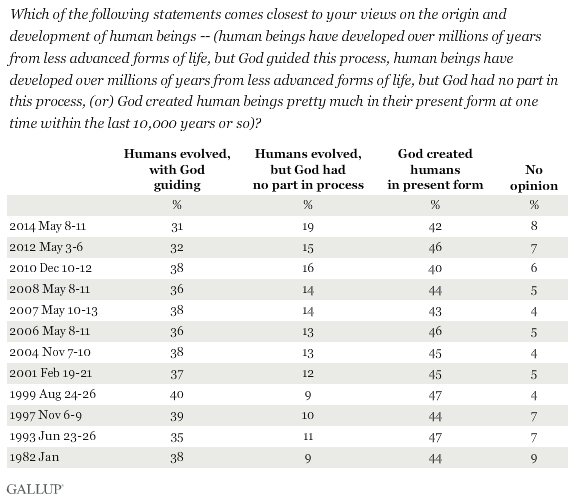This thread does seem to have focussed on aspects of Christian doctrine, or perhaps that's me.
It might be better to look at the question generally. Why do Buddhists believe in their ancient texts? Or Taoists, or Hindus. Why do Bahai believe in their texts?
Of course, not all texts address Revelation, but then the total doctrine is believed to be revealed. The Hindu texts say 'remembered' rather than 'revealed', but on examination it means much the same thing, if we take as a working hypothesis that Revelation is something more than intellectual speculation.
Bahai's for example, speak of 'Progressive Revelation', but the acceptance of that is a matter if faith, there is no proof as such. Unless I've got it wrong, it simply accepts that the Abrahamics are revealed traditions, and then declares itself a continuity of a progression as it sees it.
As I understand it, Bahai believes in doctrines cover 'essential spiritual truth, and ephemeral social constructs' (Smith 'An Introduction to the Bahai Faith'). I think Abrahamic metaphysics and theology argues (as does the best of the Greek philosophical traditions, Hinduism, Taoism and Buddhism) that 'spiritual truths' and disclosures of the Divine Nature are atemporal because the Divine is atemporal. (Pantheism is more problematic as I'm not sure I've ever come across a sufficiently-worked out metaphysic. Panentheism in its various expressions allows for this to a greater or lesser degree).
Revelation is necessarily couched in the language of the day, but Revelation one can discern and know the Absolute and Infinite, and thus the core of Revelation, a self-disclosure of God, is not progressive in that sense, unless one believes God is relative and governed by finite contingency. The traditional metaphysical systems would say the idea of 'progressive revelation' is a confusion between the Absolute who reveals and the contingent in receipt of the revelation.
Thus when discussing 'ancient texts' then, we need to discern between the 'essential truths' and the 'social constructs'. The primacy of science is itself a social construct when it comments on the possibility of Revelation, and the forms by which it manifests, for example. A nephew of mine, a scientist, was once asked if he believed in God, and replied simply that he could not, because he was a scientist! Simply not so, but many, if not most, seem to think that science precludes a belief in God.
It might be better to look at the question generally. Why do Buddhists believe in their ancient texts? Or Taoists, or Hindus. Why do Bahai believe in their texts?
Of course, not all texts address Revelation, but then the total doctrine is believed to be revealed. The Hindu texts say 'remembered' rather than 'revealed', but on examination it means much the same thing, if we take as a working hypothesis that Revelation is something more than intellectual speculation.
Bahai's for example, speak of 'Progressive Revelation', but the acceptance of that is a matter if faith, there is no proof as such. Unless I've got it wrong, it simply accepts that the Abrahamics are revealed traditions, and then declares itself a continuity of a progression as it sees it.
As I understand it, Bahai believes in doctrines cover 'essential spiritual truth, and ephemeral social constructs' (Smith 'An Introduction to the Bahai Faith'). I think Abrahamic metaphysics and theology argues (as does the best of the Greek philosophical traditions, Hinduism, Taoism and Buddhism) that 'spiritual truths' and disclosures of the Divine Nature are atemporal because the Divine is atemporal. (Pantheism is more problematic as I'm not sure I've ever come across a sufficiently-worked out metaphysic. Panentheism in its various expressions allows for this to a greater or lesser degree).
Revelation is necessarily couched in the language of the day, but Revelation one can discern and know the Absolute and Infinite, and thus the core of Revelation, a self-disclosure of God, is not progressive in that sense, unless one believes God is relative and governed by finite contingency. The traditional metaphysical systems would say the idea of 'progressive revelation' is a confusion between the Absolute who reveals and the contingent in receipt of the revelation.
Thus when discussing 'ancient texts' then, we need to discern between the 'essential truths' and the 'social constructs'. The primacy of science is itself a social construct when it comments on the possibility of Revelation, and the forms by which it manifests, for example. A nephew of mine, a scientist, was once asked if he believed in God, and replied simply that he could not, because he was a scientist! Simply not so, but many, if not most, seem to think that science precludes a belief in God.

